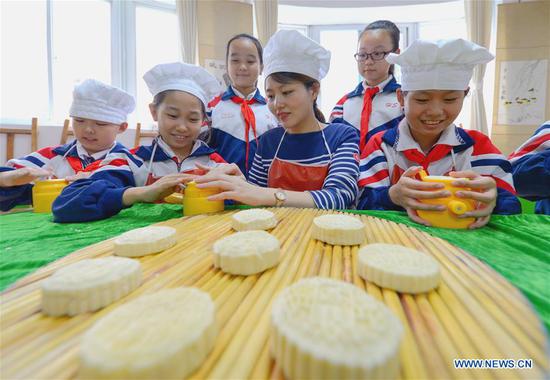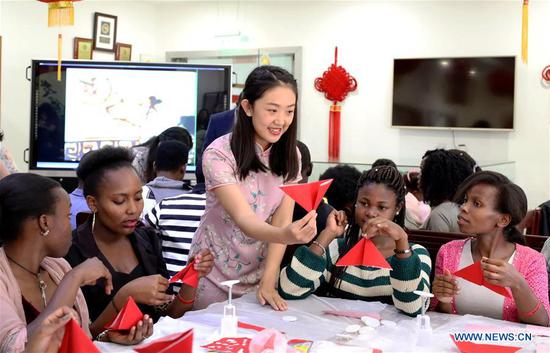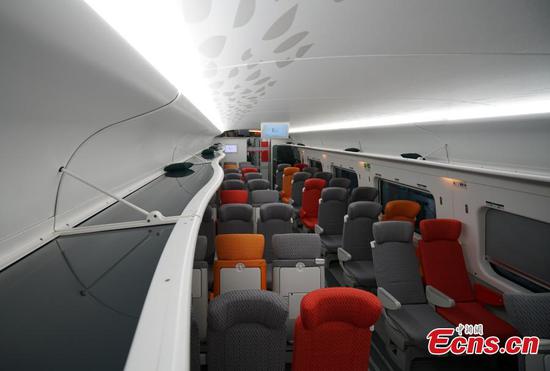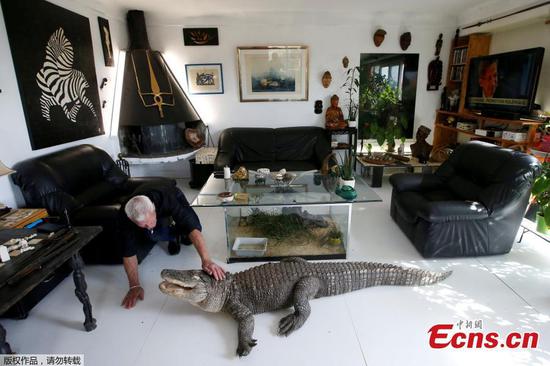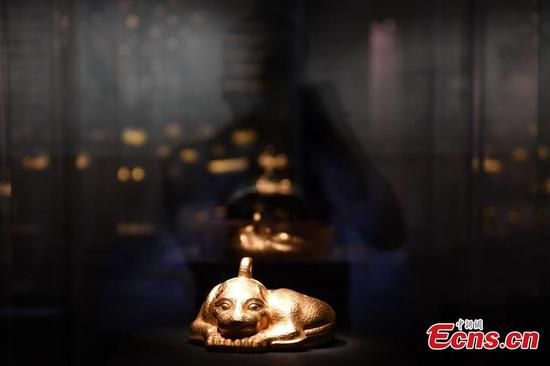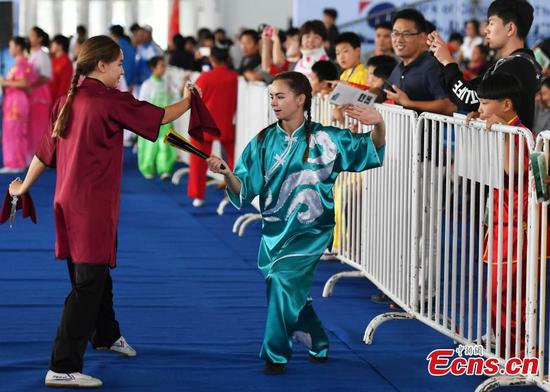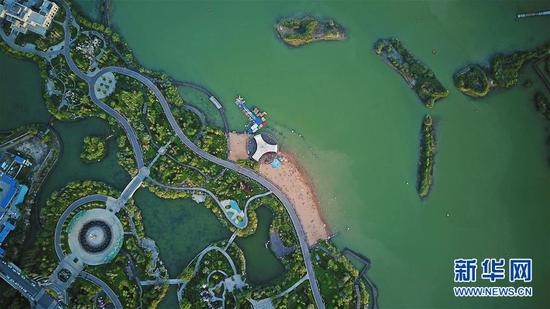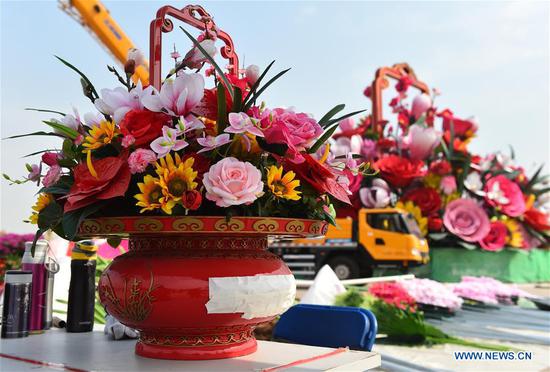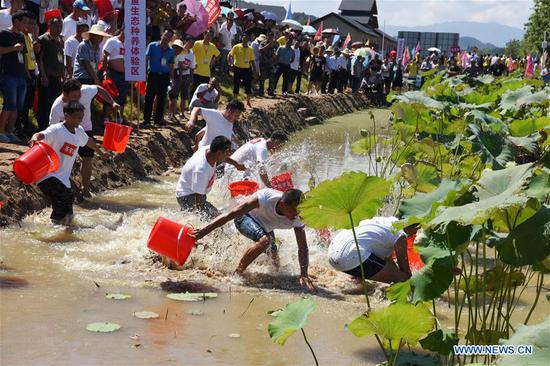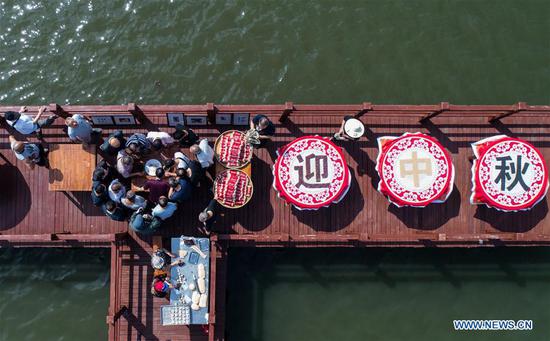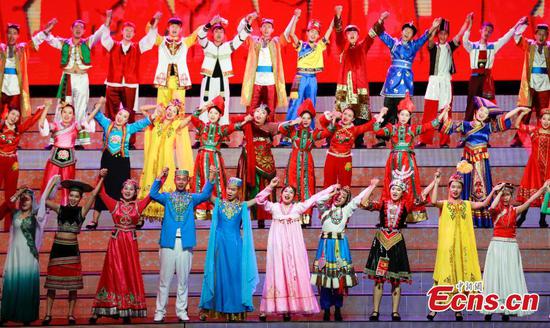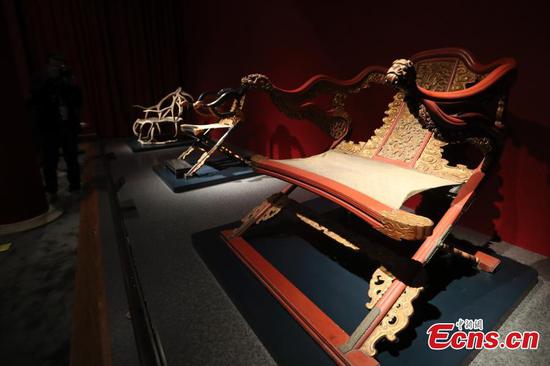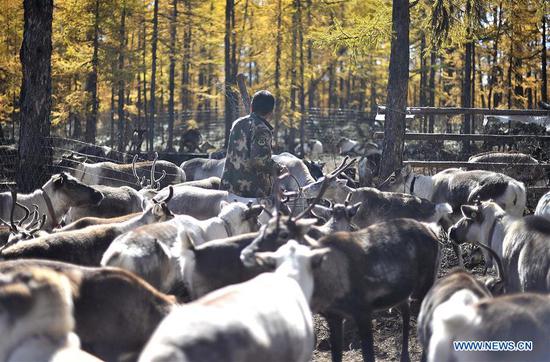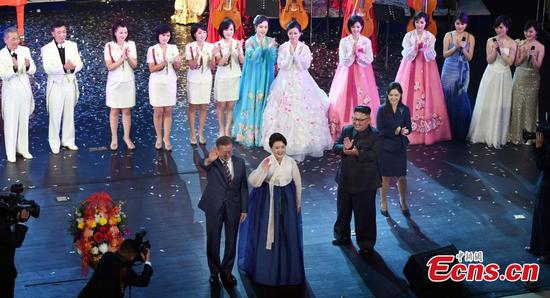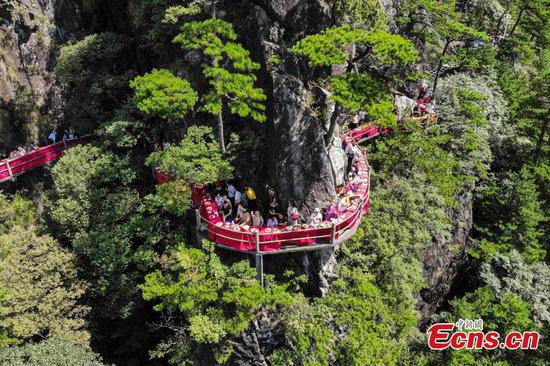For example, Amazon Web Services (AWS) announced on Sept 17 that it is planning to launch its first-ever Asia-Pacific AI research institute in Shanghai.
According to AWS Vice-President Swami Sivasubramanian, this facility would conduct research on natural language processing that is centered on Chinese and provide an open source, deep learning ecosystem to help Chinese customers launch AI products.
Microsoft Corp had also announced this week that it will set up an arm of its Asian research house in Shanghai later this year to support the city's ambition to groom more AI talents.
Alain Crozier, chief executive officer of Microsoft Greater China, said that Shanghai is the perfect destination for grooming AI talents due to the concentration of industrial partners located in the city, as well as the presence of strong government support. He pointed out that the city is already home to many leading companies such as crane giant ZPMC and automaker SAIC that leverage Microsoft's cloud computing offerings and AI technologies.
Meanwhile, scholars and venture capitalists believe that Shanghai needs to establish a firm grip of application scenarios and fundamental algorithm research in order to take the lead in the thriving sector. Mao Junfa, an academician of the Chinese Academy of Sciences, noted that Shanghai has unique advantages in AI categories such as connected cars, smart manufacturing and medical image recognition.
Li Zhu, founding partner of venture capital firm Innoangel, pointed out that while pure play internet companies can benefit from AI adoption across a number of customer-facing scenarios, AI can also be better employed to facilitate business-to-business sectors in the region, which is home to numerous small and medium-sized high-tech enterprises.
Alibaba Chairman Jack Ma also said that the coupling of AI and the service industry is set to become the real game changer for traditional manufacturing,
"Integrating AI and the service industry will place Shanghai in a highly advantageous position as the city generated 70 percent of its economic output from the service sector," said Ma, whose company has been leveraging AI to predict customer needs and rejuvenate offline shopping through a massive New Retail campaign that kicked off in Shanghai.
According to Zhang Wen, president of Chinese image recognition startup SenseTime, Shanghai has a solid industrial foundation, an integrated database and a well-developed capital market to boost the AI industry. The Chinese startup has plans to build global centers for R&D, smart cars, chips and education in the city.
"Shanghai has served an important role in building the country's AI ecosystem since it expressed its ambition to create an industrial cluster for AI. This places Shanghai in a good position to connect upstream and downstream companies," explained Zhang.
Access to talent
Apart from its rich industrial resources, Shanghai's quest to become the home of leading AI companies is also largely supported by its access to young talent.
"The city boasts having one-third of the domestic AI talent population because of its innovative environment that is appealing to international professionals," said Zhang, who noted that the city is where a number of world-leading universities like Shanghai Jiao Tong University and Fudan University are based.
Government support for talent matters will also prove vital. In Shanghai, there are subsidies for the recruitment of top talent, especially those from abroad, as well as special programs for top AI companies and start-ups that include perks like free rent, subsidies for hiring locals and housing benefits.
Wang Yi, chief executive officer of Liulishuo, the developer of an AI-powered English training app, said that his company is a beneficiary of this support, with the government providing 10 apartments that its senior talents can rent at a favorable rate.
"Shanghai has an international appeal and its inclusive culture and convenient way of life makes it appealing to foreign AI talents," Wang added.
One of the latest developments concerning talent is the formation of an AI-themed academic alliance that will bring together a host of world-class universities like the Massachusetts Institute of Technology and China's Tsinghua University.
"The move is part of the push to close the gap in top-notch AI talent so that the city can achieve AI supremacy," said Zhang of SenseTime. "After all, the core of AI is the people."









